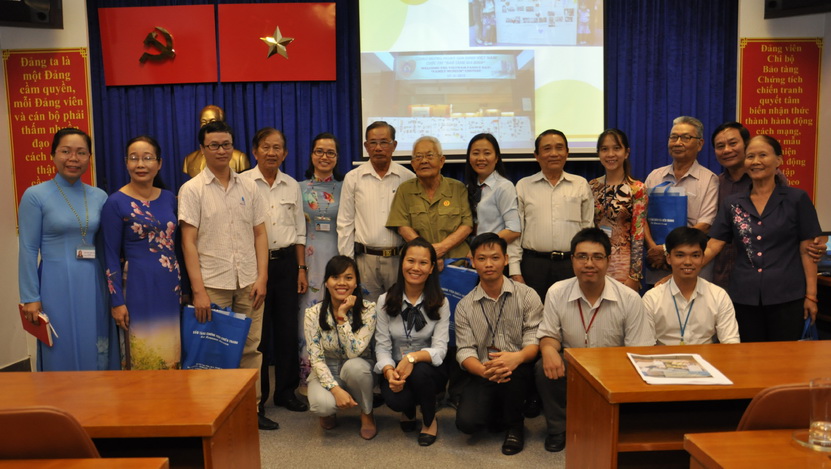A seminar was held to preliminarily summarize the experience gained through the process of organizing the program entitled “Grandfather - Grandmother – Grandchildren’s visit to the Museum”. It was held from 2011 to 2016 as one of the War Remnants Museum’s public policies for families in Vietnam. The Seminar provided an opportunity for the organizers to receive feedbacks from divisions, families and individuals who joined their hands in the organization so that they can improve in their future events. In the morning of June 26, 2017, the Museum held the seminar on summarization and evaluation.
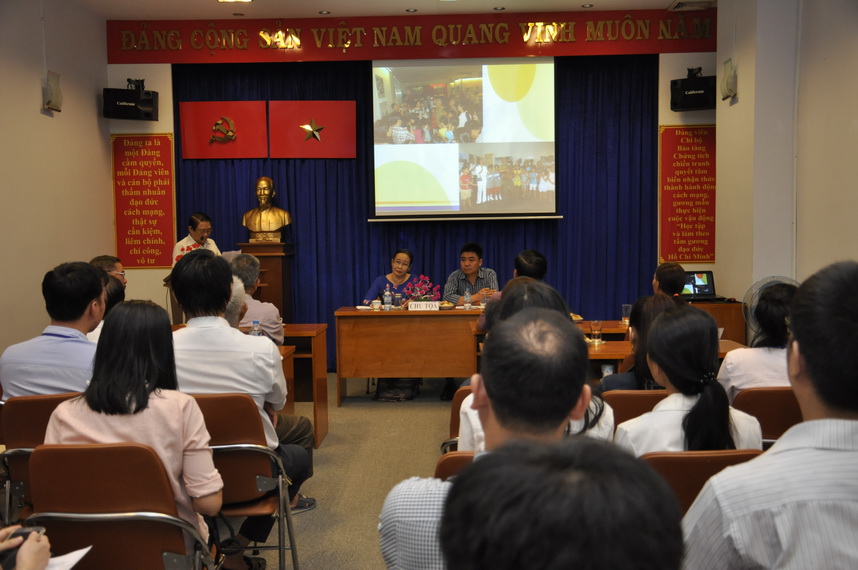
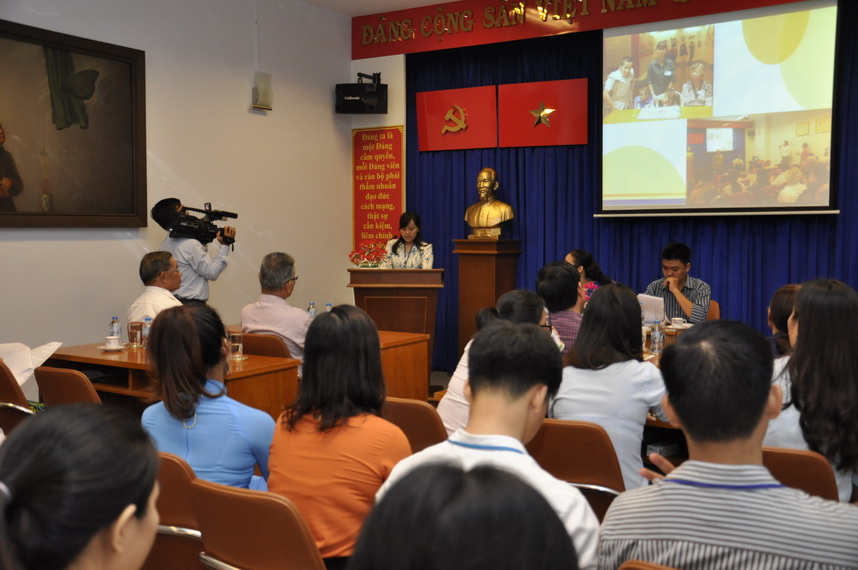
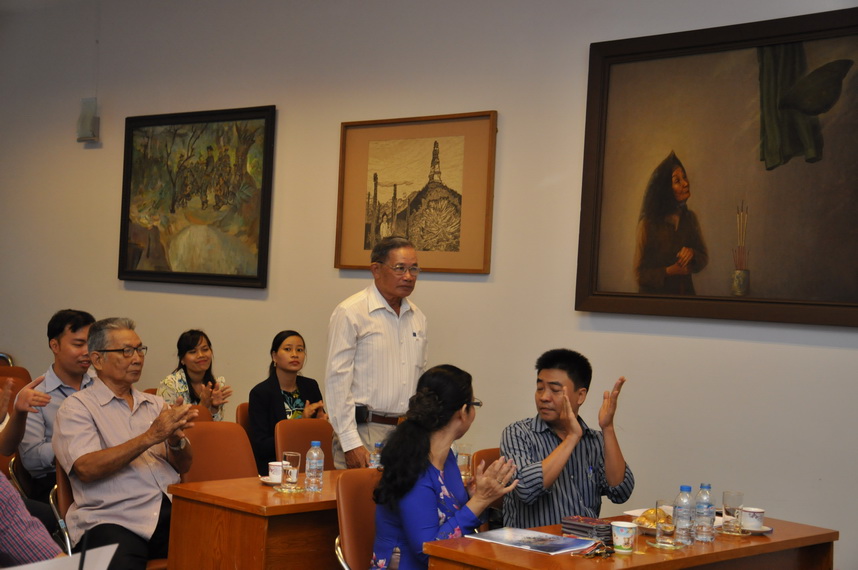
The seminar received a lot of concerns and support from the families who had participated in the program. Based on their feedbacks and evaluations, the format of the program needed to be maintained and expanded in the future in order to attract more people to the Museum.
This program has been held six times since 2011. As one participating in the program 3 times, I have some points as below:
Firstly, in the current context, when the problem of “bread and butter” is dominating many aspects of life; economic matters are put above cultural and educational ones; and the number of multigenerational families is reducing, the program “Grandfather - Grandmother – Grandchildren’s visit to the Museum ” organized by the War Remnants Museum is really of great value and humanity. It revives some cherished traditions within Vietnamese families.
Secondly, the program serves as a bridge to link family members of different generations. When participating in the program, family members can deepen their understanding about each other. It is also a way to play and learn at the same time and strengthen the love and bonds among family members. Through the stories told by their grandparents, the children and grandchildren could learn more about their elders, and therefore, give more love to them. Also, the program provides an opportunity for the families to show their “uniqueness”, competence, confidence, and knowledge by participating in the activities.
Thirdly, the program enables family members to learn more about the Museum and gain more insight about preserving the national culture and historical knowledge, as well as deepen their love for the country. Lately, the program has established a close tie between the families and the Museum, especially through the adopted children who are also the Museum’s staff. So far my family has been keeping in touch and regularly meeting our “adopted children”.
Fourthly, specifically to my own family, as once being a collaborator of the Museum, I have been, to some extent, in contact with or created a bond with it. Thus, I face no difficulties or strangeness. My family has participated in the program 3 times, and I realize that each year it has a different format and different audiences; and its variety and diversity lead no boredom for the audience. I can recognize the Museum staff’s creativity, conscientiousness and responsibility shown toward the community in general and its leaders’ in particular.
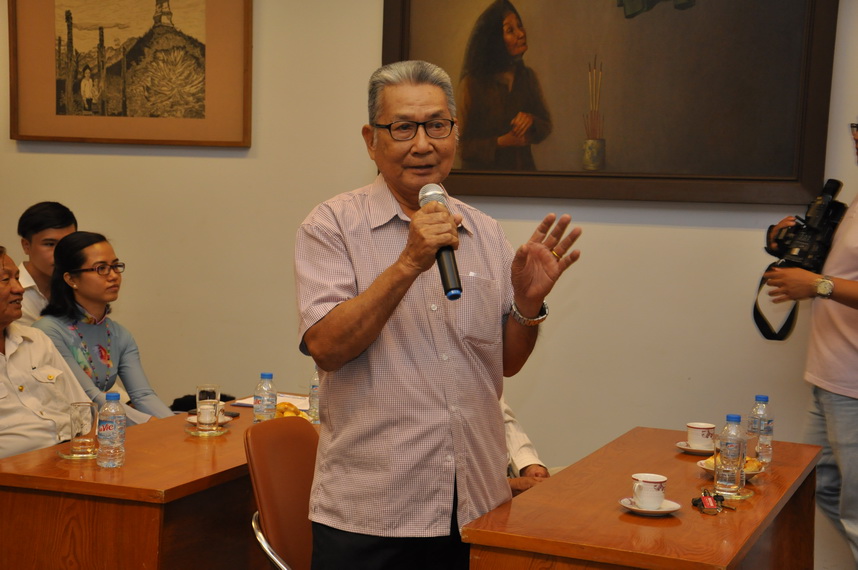
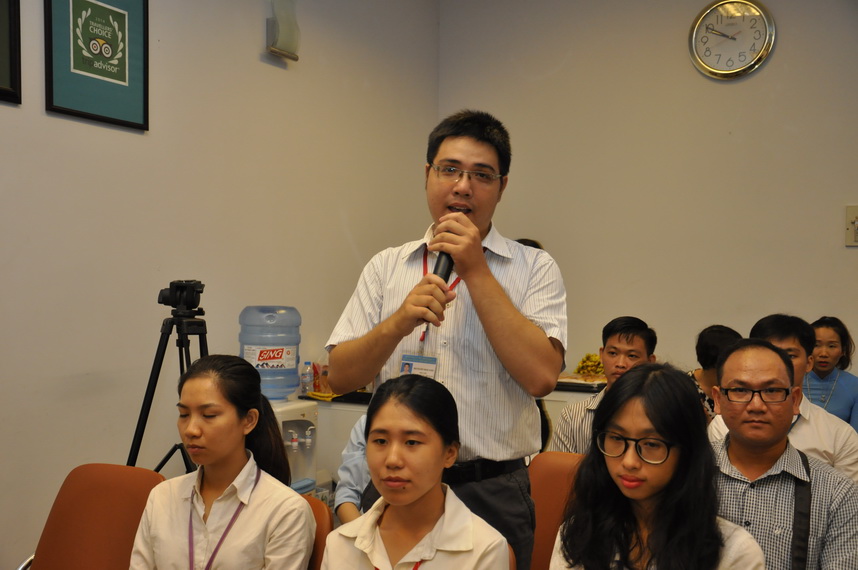
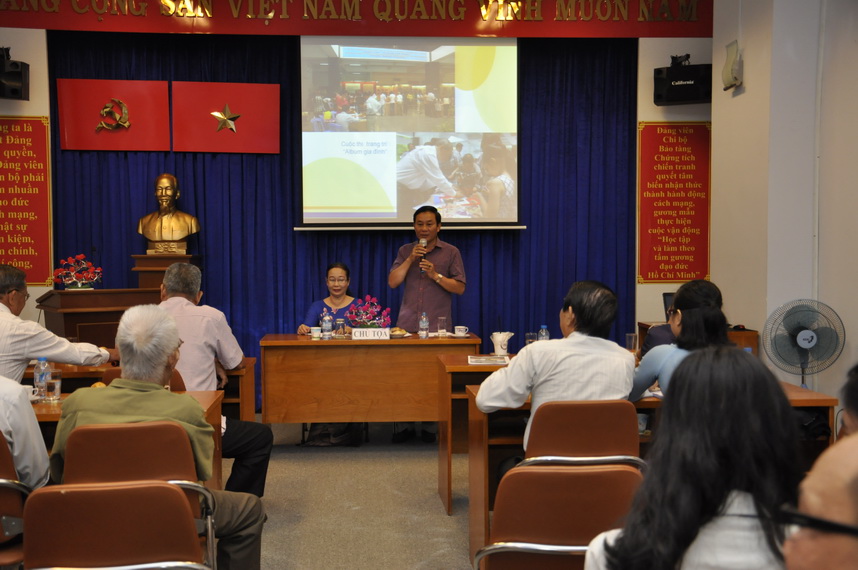
It is possible to say that the relationship between families and the Museum developed through this program is a two-way one. In my view, this is a good and humane model that the War Remnants Museum should maintain in the following years, and it should be replicated by other museums in the city; and it should create a meaningful playground for family members, especially in the summer time. Also, I hope that the program is held two or three times a year so that more and more families can go to the Museum to learn and strengthen their love and their bonds.
